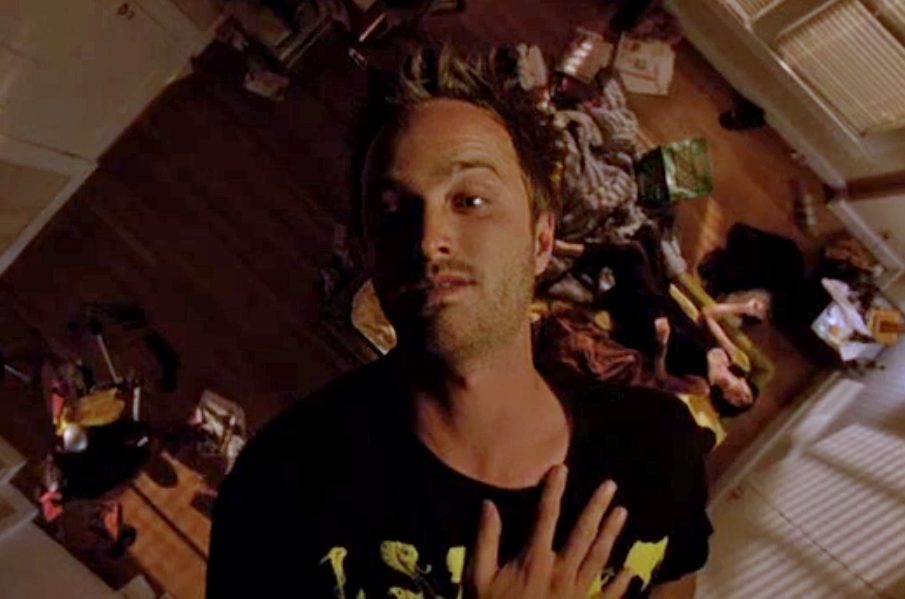The Lasting Influence of Breaking Bad on Modern Television

Introduction
Breaking Bad, the critically acclaimed television series created by Vince Gilligan, first aired in 2008 and concluded in 2013. Its significance extends far beyond its five-season run, as the show not only redefined storytelling in modern television but also influenced a generation of filmmakers and TV creators. The series, depicting the transformation of a mild-mannered chemistry teacher into a ruthless drug lord, delivered powerful social commentary on morality, desperation, and the human condition, making it a topic of enduring interest.
Significant Themes and Plot Development
The series’ narrative revolves around Walter White, portrayed by Bryan Cranston, who turns to manufacturing methamphetamine after being diagnosed with terminal lung cancer. This premise allows Gilligan to explore deep themes such as the consequences of crime, the complexity of family dynamics, and the moral ambiguities faced by individuals in extreme situations. The show received critical acclaim for its writing, character development, and intense performances, leading to 16 Primetime Emmy Awards.
What set Breaking Bad apart was its meticulous character arc. Walter White’s evolution from a sympathetic figure to an anti-hero (and ultimately a villain) captured audiences and prompted discussions about morality in desperate times. The show’s use of symbolism and its masterful pacing contributed to its status as a cultural touchstone.
Breaking Bad’s Cultural Impact
The influence of Breaking Bad extends beyond its original air dates. It sparked a renaissance in television, inspiring series like Better Call Saul, the prequel focusing on the character Saul Goodman, and leading to a surge in prestige dramas centred around anti-heroes. Additionally, the show inspired various forms of art, merchandise, and even academic studies exploring its themes and character development.
More than just a television show, Breaking Bad has entered the lexicon of popular culture, with quotes and scenes that continue to resonate with viewers. Its approach to storytelling, character arcs, and complex themes has set a standard for future series, demonstrating the potential of television as an art form.
Conclusion
Breaking Bad is a quintessential example of modern narrative excellence that resonates more than a decade after it began. As new generations of viewers discover the series, its influence on storytelling and character representation continues to grow. The series serves as a reminder of the powerful narratives that television can offer, prompting viewers to reflect on fundamental moral questions. As the television landscape evolves, the legacy of Breaking Bad will likely remain a significant milestone in the history of the medium.





